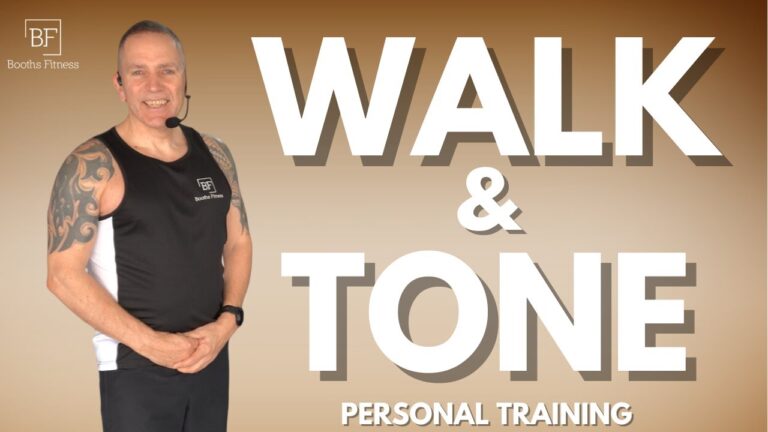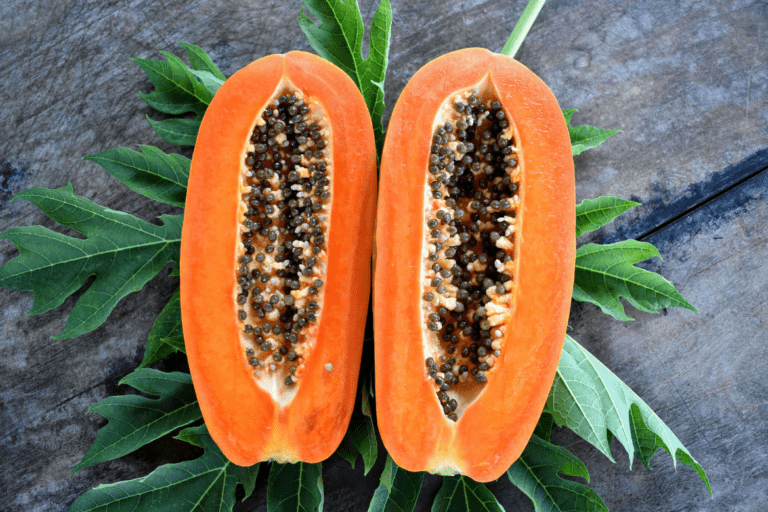For the past two years, The Joe Rogan Experience has occupied the top spot on Spotify’s podcast charts. It was beginning to seem as if he was indomitable—much to everyone’s chagrin—until a brief, glorious moment at the end of September when he was dethroned by an unlikely challenger: a 22-year-old undergrad at the University of Miami.
The woman in question is not particularly well known, nor is her podcast Hot Mess especially interesting. Yet, if you go by Spotify’s internal metrics, the show is currently more popular than the New York Times’ The Daily, Fallon and Colbert’s Strike Force Five, and NPR News Now. That’s a feat that would take most podcasters years to accomplish, but her show shot to No. 1 in under a week. Who is this podcast prodigy? Alix Earle, of course.
For the uninitiated, Earle is an emerging influencer who uses her podcast to discuss the deeply relative tribulations of her charmed, upper-class college life. If you’ve never heard of her, join the club—those of us who must turn to a magazine for a precise accounting of her ascension through the celestial tiers of influencership are squarely outside her target demographic. And besides, Earle doesn’t really do anything. She isn’t an actress, or an artist, or a luridly fascinating downtown disaster. The particulars of her internal life aren’t extraordinarily evocative, and although her family tree has a few disorienting connections to the tabloid underworld of yore (her stepmother is Ashley Dupré, the former call girl from the Eliot Spitzer scandal), Earle’s own portfolio has little to do with any nepotistic patronage.
So, what’s left? Well, Earle is extremely blond, conventionally attractive, ambiently personable when speaking to a front-facing iPhone camera, and apparently connected to the sort of social media tycoons who are capable of extracting an empire out of those raw assets. At 22, she possesses 6 million TikTok followers, 3 million Instagram followers, a boyfriend who plays wide receiver for the Miami Dolphins, and yes, at least on paper, a hugely successful podcast on which she explains how her charmed life isn’t as easy as it seems. She is, in other words, kind of unremarkable, which itself makes her rise oddly mesmerizing from a galactic, fate-of-the-human-race perspective.
Here are the basics: Alix Earle was born in 2000 in New Jersey to a wealthy construction mogul named T.J. and a mom named Alisa. She studied “business administration” in college—a field of research eternally favored by future Bachelor and Bachelorette contestants—and started posting TikTok videos in 2020, when she was a college freshman. The vast majority of her early clips were of the “get ready with me” phylum, with Earle—applying a fastidious blend of concealers and serums to her face in anticipation of some sort of enviable, sorority-adjacent south Florida soirée (a hockey game, a megaclub rager, an EDM festival, and so on)—dropping a few cheeky bons mots about transient girlhood along the way. For instance, in one video from 2022, Earle douses herself with the precise amount of glam necessary for an evening of binge drinking on the night before Thanksgiving.
In that sense, Earle is following a playbook pioneered by literally hundreds of influencers before her, all of whom understand the invaluable currency of relatability. For generations, social media stars have used the makeup vanity as a confession booth; the algorithm is filled to the brim with women circling their cheeks with powder brushes as they recount a weekly slate of defeats and victories. Earle isn’t all that different from the rest of them, so how did she make it to the top?
Well, if you ask her fans, they’ll tell you that she has the capacity to be a bit more charming and down-to-earth compared to the average influencer, a genuinely impressive feat when you consider the model silhouette, genteel socioeconomic background, and breezy, sponcon-funded lifestyle that consists almost entirely of being on boats in the crystal Atlantic waters between South Beach and Port Royal. “She allows fans to slowly build a parasocial rapport with her,” wrote Claire Swadling, a fellow zoomer, for the Harvard Crimson in a piece articulating Earle’s appeal. “Before long, viewers [check in] again—not to see if her makeup routine has changed, but to see how that football game or date went.”
All that might be true, but from my admittedly more cynical vantage point, you could also argue that Earle has mastered the art of being strategically vulnerable: affirming a few mortal imperfections while never shattering her highly marketable status as a tan, blond young woman enmeshed in the good life. Case in point: In an interview with Howard Stern, Earle cited a series of TikToks in which she elaborated on her struggles with cystic acne—alongside close-up photos of the craggy red ruptures cascading down her cheeks—as being instrumental to her viral success. (Talking to Stern, Earle said a period of bad skin represented her “lowest point.” That’s right, lowest point!) Young people—and especially young women—are susceptible to the spiraling shames of the body, but I think it is fair to say that the emotional stakes of a breakout aren’t congruent with the overworked nature of Earle’s dramaturgy.
Which brings us back to Hot Mess, the podcast Earle launched in mid-September that is, by any reasonable critical estimation, a tough listen. The episodes are available on Spotify and YouTube—in video form—and they’re essentially hourlong expansions of her TikToks. In an episode titled “My Sorority Nightmare,” Earle, swaddled in a pillowy purple sweatsuit, sits on her bed with a box of Cheez-Its and rambles about how she failed to make it into the cool enclaves of Greek life when she showed up on Miami’s campus as a dewy-eyed 18-year-old. (Much like she speaks about her acne problem, she recounts this indignity with the sort of trauma you’d expect from a political refugee.) The whole production of the podcast is conspicuously slapdash and recorded with no real foresight, theme, or animating principle. It’s just Alix Earle being Alix Earle, which is the fulcrum for much of her fame.
It’s not as if my qualitative assessment of this matters, of course—Hot Mess has currently settled at No. 3 on Spotify’s podcast charts. To me, that’s the best proof we have that Alix Earle belongs to a parallel universe of celebrity—one that operates in its own airtight precinct where Earle is judge, jury, and executioner.
But is there some chicanery afoot? Earle appeared in the culture so fully formed—the fabled It Girl of TikTok, according to some promotional material—that I can’t help but suspect that there are greater powers juicing the numbers behind the scenes. I reached out to Nick Quah, who covers the podcast industry for Vulture, who noted that Earle is one of the first stars signed by the Unwell Network, an audio company founded by a different blond woman named Alex—Alex Cooper—who hosts the long-running, and more tangibly successful show Call Her Daddy. Call Her Daddy possesses a sharp focus that Hot Mess does not; Cooper used her platform to talk about her sex life with a libertine, verging-on-soft-core flair, which rewarded her with a mammoth listener base and a three-year, $60 million deal from Spotify. (The podcast has since pivoted to a more-PG brand.) Earle’s adjacency to Cooper, and therefore her adjacency to Spotify, could certainly have cleared the path for takeoff.
“Chart placement is not a precise indicator of much,” Quah explained. “She’s high on the Spotify charts now but somewhere in the middle on the Apple charts, and the more important thing is placement over time. It’s another thing if her show sits in the Top 10 for months. We don’t have enough data to suggest Earle’s podcast is actually massive or popular. But she’s aligned with the right Spotify people at this time.”
This is something I think about as Earle makes her overtures to the more traditional crucibles of fame—those that exist outside the ephemeral and illusory airwaves of TikTok and Instagram. She has been interviewed by Elle and Rolling Stone, publications whose journalists have tried, and failed, to get her to say anything interesting or introspective. (A choice quote from that Elle piece: “I had such a love for posting on social media for so long. It was like watching my dreams come true all at once.”) It all feels a little counterfeit and non-sentient—the project of Alix Earle is flush with so many resources, and yet her brand is stuck in neutral.
To recap: She is blond, she is hot, and she seems like a decent hang. Is that enough to be a superstar? It’s not up to us anymore.
This content was originally published here.




















